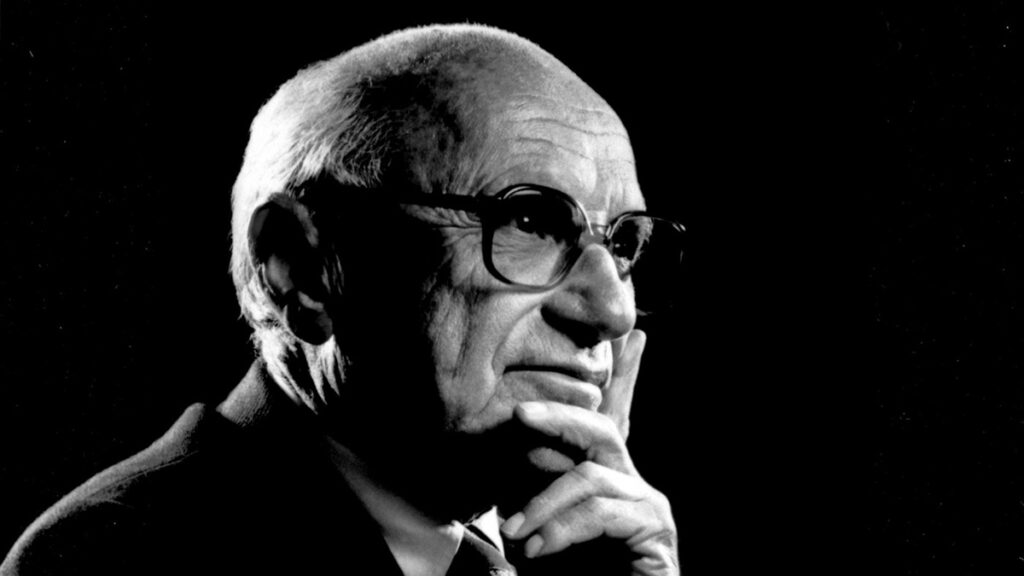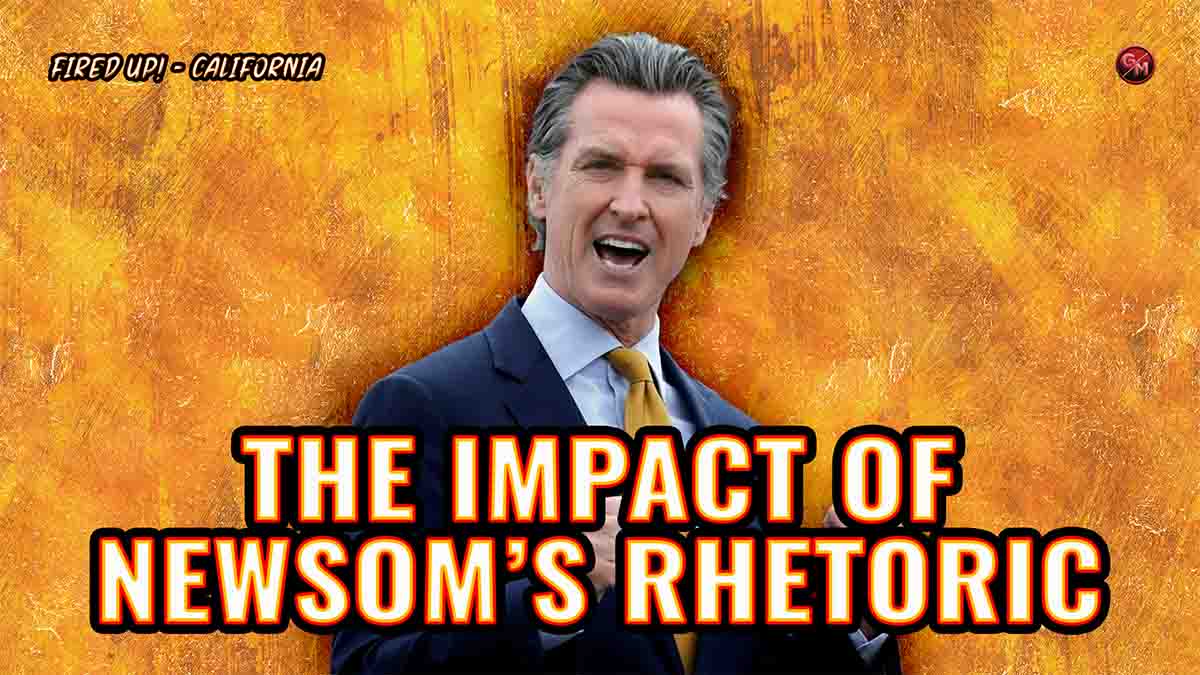
Need a definition for libertarian philosophy? Libertarianism is a political philosophy that emphasizes individual liberty and minimal government intervention in people’s lives.
Definition for Libertarian Philosophy
The major tenets of libertarianism include:
- The non-aggression principle (NAP): A moral stance that asserts aggression (initiation of physical force, threat of force, or fraud) against individuals is inherently illegitimate. Libertarians consider the NAP a core concept of their ideology. They also interpret the NAP to mean that individuals may use force in self-defense but not initiate aggression against others.
- Individual rights: Libertarians believe that individuals have inherent rights, such as the right to life, liberty, and property. They believe that these rights are natural and pre-exist government, not granted by the state. Therefore, the government’s primary role is to protect these rights. Individuals should be free to make choices as long as they do not infringe on the rights of others. This means support a strong legal system that protects individuals from fraud, theft, violence, and other forms of coercion. They also believe in the right to privacy, freedom of speech, religion, and association, which are essential for liberty.
- Limited government: Libertarians believe that government should have a minimal role in society and should only be involved in activities that are necessary to protect individual rights. This means that they support a small government with few regulations and taxes, which leaves people free to live their lives as they see fit. They believe that government should not be involved in activities such as providing healthcare, education, or welfare, as these are better left to the private sector and voluntary organizations. This is because they believe that government intervention in these areas can lead to inefficiencies, corruption, and a lack of accountability. They also believe in the principle of subsidiarity, which holds the lowest level of government that can address them effectively, should handle that issues.
SPORTS GRUMBLINGS SPOTLIGHT
Breaking News! Rep. George Santos takes the podium
Breaking News! Newly-elected congressman George Santos (R) sets the record straight. In a matter of speaking, that is.
Definition for Libertarian Philosophy (cont)
- Free markets: Libertarians believe in the power of free markets to create wealth and promote economic growth. They think government intervention in the economy, such as taxes and regulations, stifles innovation and limits economic prosperity. They support a free market system where prices are determined by supply and demand. Consequently, businesses and individuals can freely trade goods and services. This allows for competition, leading to lower prices and better consumer products. They also believe in private property rights, essential for economic growth and innovation. They believe the free market is the most efficient and fair way to allocate resources and leads to greater prosperity.
- Non-interventionism: Libertarians believe that the government should not intervene in the affairs of other countries and that the United States should avoid getting involved in foreign conflicts. Trade and diplomacy are the best ways to promote peace and stability worldwide. They believe we should only use the US military in self-defense and to protect American citizens and interests abroad. Libertarians also believe that the US should not engage in nation-building or try to impose its values on other countries. They believe that a non-interventional foreign policy will be more cost-effective and ethical and will respect the sovereignty of other nations.
- Personal responsibility: Libertarians believe individuals are responsible for their own actions and accountable for their choices. They believe people should be free to succeed or fail without government providing a safety net. Libertarians believe that personal responsibility is the key to success and that government handouts discourage people from working hard and becoming self-sufficient. They also believe in the importance of civil society, which comprises voluntary associations such as families and community organizations. These organizations play a vital role in helping individuals and communities thrive, and they believe they are more effective than government programs.
Wrapping Up
It’s important to note that libertarianism is not a monolithic philosophy and there are different shades of the philosophy.





